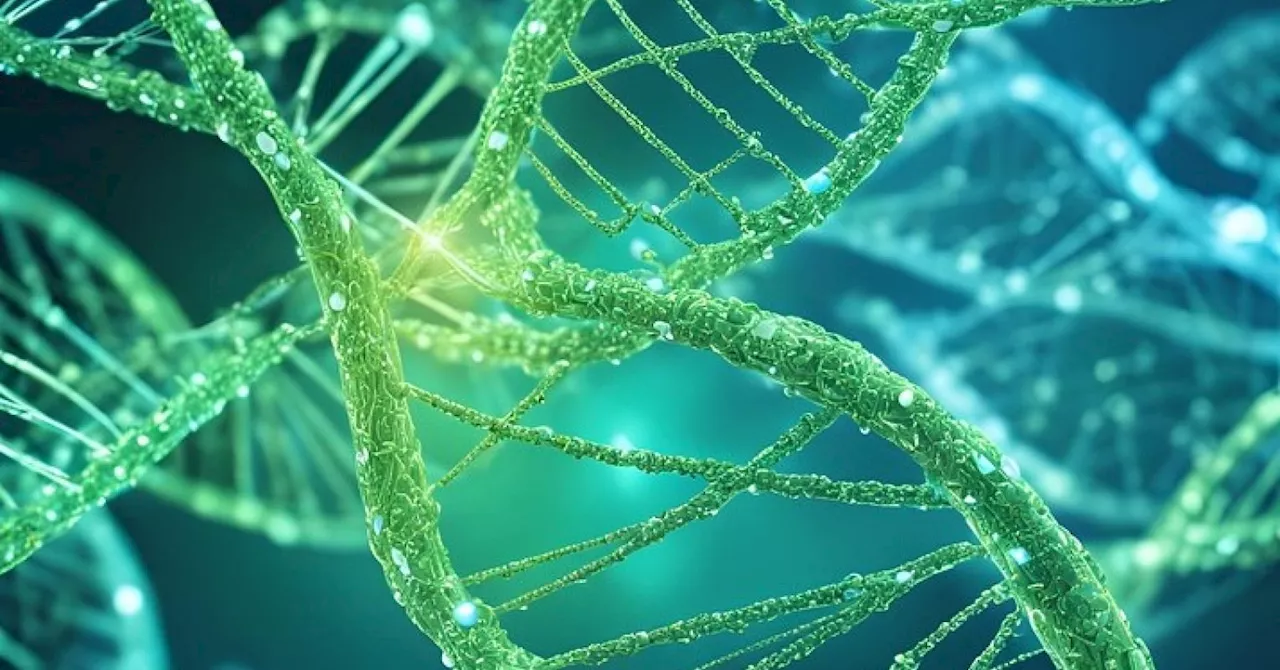A synthesis of recent findings suggests that genes involved in early brain development are crucial for understanding why some people are left-handed. While left-handedness runs in families, scientists have long been puzzled by the reason behind this trait. Analysis of genetic variants, both common and rare, points to a strong link between genes associated with tubulins and handedness. Tubulins are proteins involved in crucial processes like axon growth and guidance, and building the inner structure of motile cilia, all essential for proper brain development and asymmetry.
A synthesis of recent findings suggests that genes involved in early development of the brain are crucial.About 10 out of 100 people are left-handed. Understanding the reason why has intrigued scientists for many years. However, despite more than 100 years of scientific research on left-handedness, it is still not well understood why some people are left-handed while most people are right-handed.
Studies on rare genetic variants: These genetic variants are present in less than 1% of the population and can include extremely rare mutations that only occur in a few people, but may have strong effects.By analyzing the results of these different lines of research, several important insights about the genetic factors influencing left-handedness were discussed in the article.
GENETICS HANDEDNESS BRAIN DEVELOPMENT TUBULINS AXON GROWTH
United States Latest News, United States Headlines
Similar News:You can also read news stories similar to this one that we have collected from other news sources.
 Air Traffic Controller Reportedly Left Shift Early Before American Airlines CrashThe Federal Aviation Administration says staffing levels were below the 'normal' amount when the deadly plane crash occurred over Washington, D.C. ... and, it looks like it was a decision made by a supervisor.
Air Traffic Controller Reportedly Left Shift Early Before American Airlines CrashThe Federal Aviation Administration says staffing levels were below the 'normal' amount when the deadly plane crash occurred over Washington, D.C. ... and, it looks like it was a decision made by a supervisor.
Read more »
 New Early Learning Center Opens in Daphne, Offering Innovative Approach to Early Childhood EducationGulf Regional Early Childhood Services (GRECS) celebrated the grand opening of its new early learning center in Daphne, Alabama. The center, which opened in November, provides childcare and early education for children aged six weeks to five years. GRECS emphasizes an innovative approach to early childhood education, focusing on family support, teacher development, and a strong foundation for school readiness. The center also offers a range of services to assist families in need, including finding housing and employment.
New Early Learning Center Opens in Daphne, Offering Innovative Approach to Early Childhood EducationGulf Regional Early Childhood Services (GRECS) celebrated the grand opening of its new early learning center in Daphne, Alabama. The center, which opened in November, provides childcare and early education for children aged six weeks to five years. GRECS emphasizes an innovative approach to early childhood education, focusing on family support, teacher development, and a strong foundation for school readiness. The center also offers a range of services to assist families in need, including finding housing and employment.
Read more »
 Become an Early Bird: 9 Simple Steps to Wake Up EarlyWant to wake up early? Sleep experts explain how to do it in 9 simple steps. Learn about the benefits of waking up early, common struggles, and practical tips to become a morning person.
Become an Early Bird: 9 Simple Steps to Wake Up EarlyWant to wake up early? Sleep experts explain how to do it in 9 simple steps. Learn about the benefits of waking up early, common struggles, and practical tips to become a morning person.
Read more »
 AI foundation model may help genetics, cancer, and complex disease research.An AI foundation model capable of predicting gene activity across many different human cell types may expedite research for genetic disorders, cancer, and complex diseases.
AI foundation model may help genetics, cancer, and complex disease research.An AI foundation model capable of predicting gene activity across many different human cell types may expedite research for genetic disorders, cancer, and complex diseases.
Read more »
 Control Your Morning: Lifestyle Factors Outweigh Genetics in AlertnessA new study reveals that being a morning person is more about lifestyle than genetics. Sleeping longer, eating a complex carbohydrate-rich breakfast, and exercising the day before can significantly improve morning alertness.
Control Your Morning: Lifestyle Factors Outweigh Genetics in AlertnessA new study reveals that being a morning person is more about lifestyle than genetics. Sleeping longer, eating a complex carbohydrate-rich breakfast, and exercising the day before can significantly improve morning alertness.
Read more »
 Postdoctoral Fellow Position in Cancer GeneticsDr. Narendra Wajapeyee's lab at UAB is seeking a highly motivated Postdoctoral fellow with expertise in Genomics, Proteomics, and Cancer genetics. Candidates should have a strong PhD background with publications and experience in cancer research using mouse models, immune-oncology approaches, and functional genomics techniques. Basic molecular biology skills are required. The lab welcomes recent PhD graduates starting their postdoctoral training.
Postdoctoral Fellow Position in Cancer GeneticsDr. Narendra Wajapeyee's lab at UAB is seeking a highly motivated Postdoctoral fellow with expertise in Genomics, Proteomics, and Cancer genetics. Candidates should have a strong PhD background with publications and experience in cancer research using mouse models, immune-oncology approaches, and functional genomics techniques. Basic molecular biology skills are required. The lab welcomes recent PhD graduates starting their postdoctoral training.
Read more »
